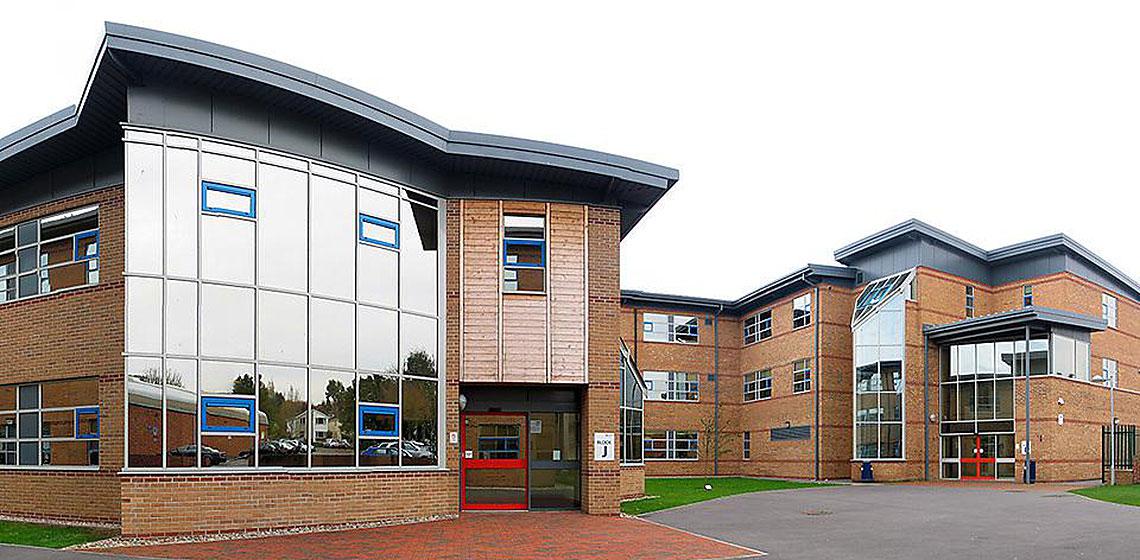
Our college's specialty is lifelong learning. An Experimental Archaeology / Ethnoarchaeology module (level 5) is offered as a part of our Foundation degree in History, Heritage and Archaeology (Plymouth University).
History, Heritage and Archaeology FdA/BA
The heritage sector is an extremely important element of leisure and tourism in the southwest region. The course will deliver relevant practitioner knowledge, skills and critical understanding of the fields of history, heritage and archaeology with particular emphasis on the local area. The course has a very active and involved Employers’ Forum which participates fully in the planning and operation of the course and ensure that it is kept relevant and current. The team includes staff who are practising researchers and published in their fields. The course should appeal to anyone with a general interest in the past, particularly the heritage of the south-west of England.
Special features of the programme:
|
•
|
All sessions are taught across just two days each week (usually Wednesday and Thursday) – the rest of the time you can study off-campus and, if you wish, have a part-time job. |
|
•
|
Many visits are organised each year including an annual residential field trip. |
|
•
|
Small classes ensure a very supportive learning environment with plenty of opportunities for formative guidance from the module leaders as you work through the assignments. |
|
•
|
The fees for this course are almost 1/3 less than those for equivalent courses at the main Plymouth University campus and significantly less than many HE programmes offered elsewhere. |
|
•
|
The Foundation degree route enables the College to provide students with a place in higher education even if they have fallen far short of their UCAS target grades. For older students life experience is considered in lieu of formal qualifications. |
|
•
|
All assessment is by coursework; there are no formal examinations. |
|
•
|
Students are encouraged to undertake work-related learning activities and opportunities for these are included in the programme. |

